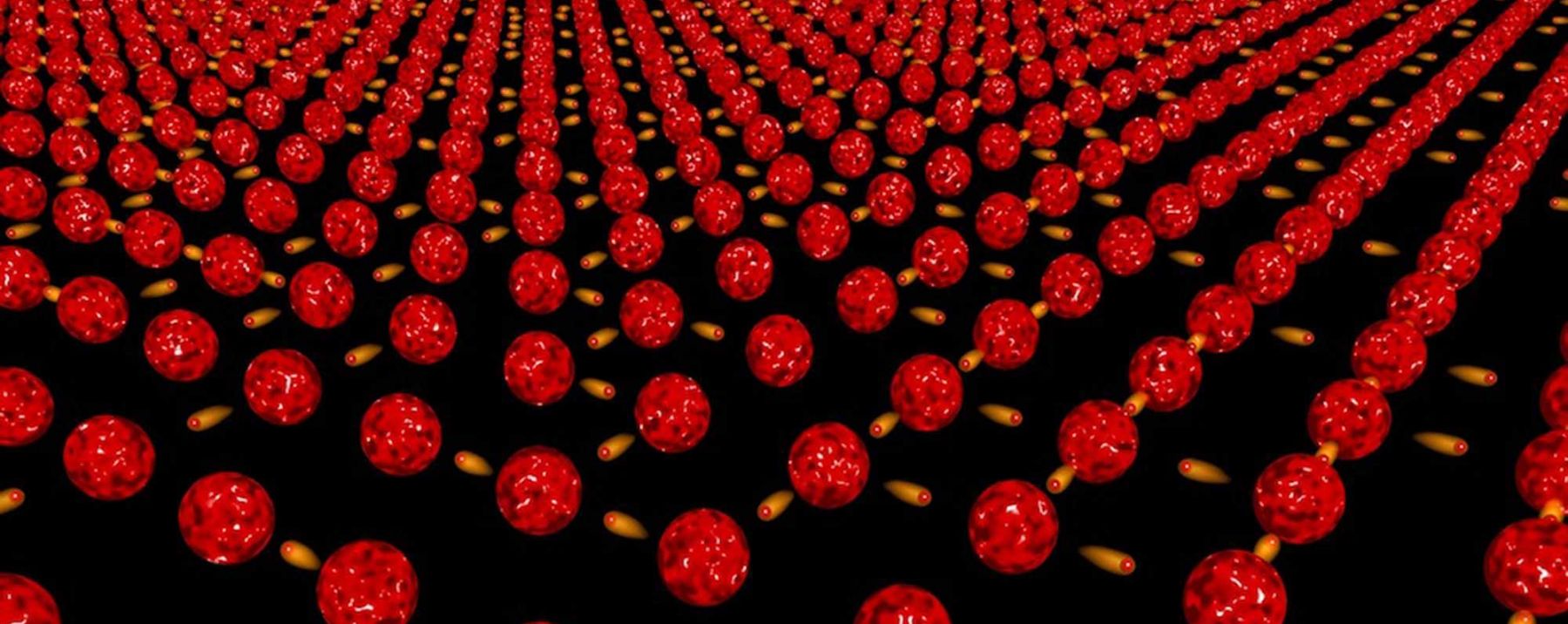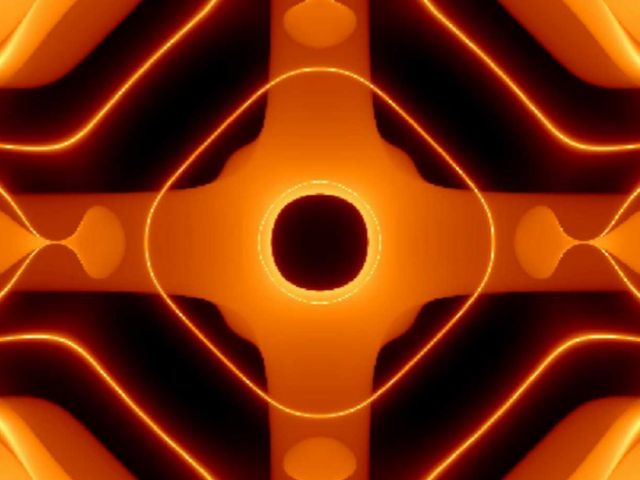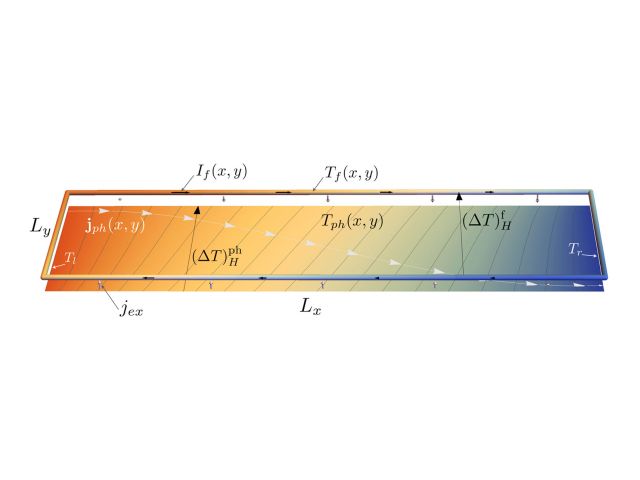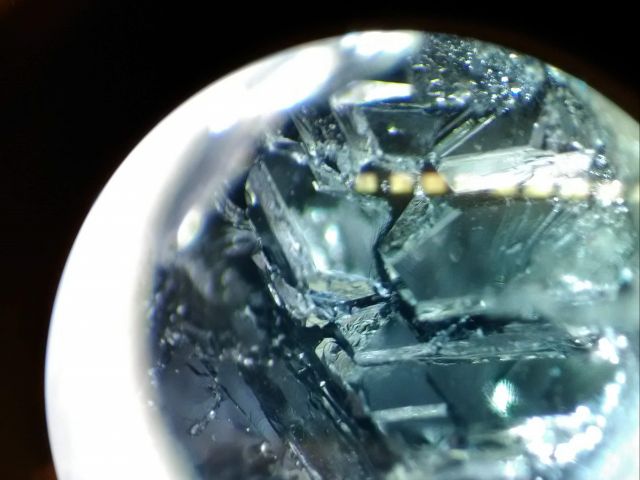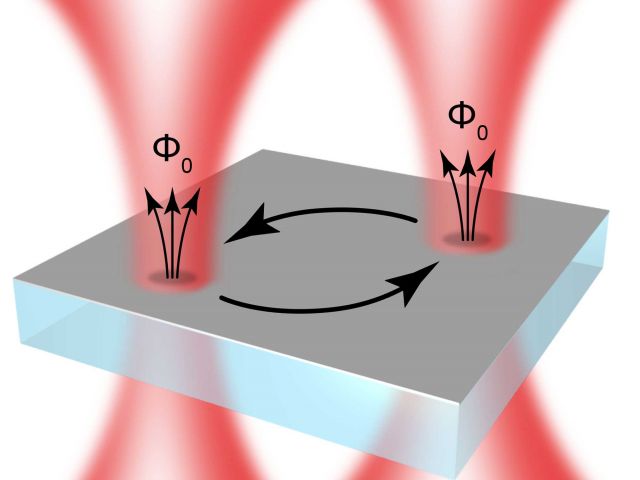High purity crystalline materials comprise the backbone of modern electronics, and Thrust 1 seeks to develop a new suite of electronic materials suitable for quantum information science. Many of the most promising quantum entangled states in materials are those whose coherence is protected by the symmetries of the material itself. Such states are theorized to be robust against environmental decoherence and have the potential to realize qubits with a substantially diminished need for error correction. Key examples of this are quasiparticles manifesting non-Abelian statistics, such as Majorana zero modes that arise in topological superconductors and anyonic excitations of emergent gauge fields in certain quantum spin liquids. Both host protected edge states and are highly sought-after platforms for quantum information science.
Thrust 1 will develop materials that inherently manifest these states through tightly coupled feedback between theory and experiment. The motivation here is that while known examples are exceedingly rare and often contentious, new theoretical tools and experimental techniques for synthesizing and verifying natively entangled materials are now coming to fruition. This, combined with new data-driven approaches to materials discovery, makes a foundry-based effort for accelerating their development particularly timely. In this thrust, promising new classes of intrinsic topological superconductors and quantum spin liquid states will be explored theoretically, complemented by ab initio modeling of material candidates as well as data-driven approaches to identifying the most promising space for exploration. Ultrahigh purity bulk crystal and thin film synthesis of targeted materials will then couple into a suite of new experimental tools developed to detect and characterize entangled states.
